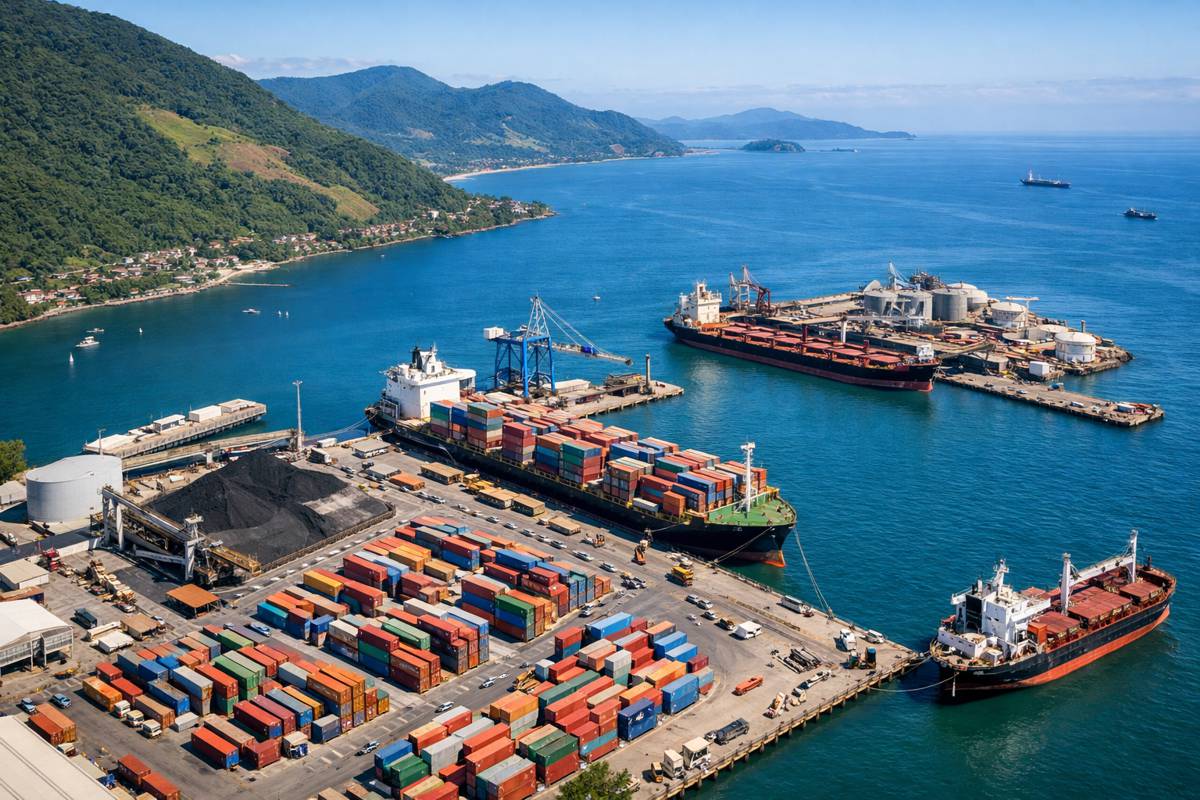Carillion’s demise: what lessons can we learn?
Angus Dent, CEO of ArchOver looks at the lessons we can learn from the downfall of Carillion
As the dust begins settling on the collapse of Carillion, we move to the damage assessment phase – but question marks remain over the fate of at least 43,000 jobs. 30,000+ small businesses are thought to be owed money by the firm, and although credit insurers have confirmed that they will pay out compensation totalling £30 million, that only accounts for a small portion of the debt owed. Carillion had £1.5 billion worth of outstanding payments, a £2.6 billion pension debt and issued three profit warnings in just five months.
Clearly the company’s failure was no surprise. All the warning signs were there. It made headlines because it’s an important reminder that no company is too big to fail. It seems that the government has learnt its lesson from the banking crisis of 2008: saving organisations that are the root cause of system failures doesn’t solve the problem.
As the saying goes, hindsight is always 20-20. Carillion’s position was worse than the industry originally thought. There will be lots of pain in the short-term but stronger, better run companies will emerge. This is good news for those strong enough to survive in to the long-term.
Instead of propping up the big boys after they’ve already collapsed, we need to put more emphasis on due diligence before the fact.
Overall, 25% of bankruptcies are due to unpaid invoices. In the construction industry, this figure is likely to be even higher. This is a sector that experiences the highest levels of insolvency per year so SMEs need to be more mindful of the risks they are exposed to.
Don’t just rely on a big company’s reputation for reassurance. Look at whether they have a good record of paying their debts. Do they have a strong cashflow? Have your peers had issues with invoicing them? Consider what would happen if a customer were to default and ensure that you have protection, such as credit insurance, in place. The Carillion case shows that credit insurance does pay off when a big contractor goes bust – the payments to its suppliers will range from £5,000 to several million pounds – but not nearly enough companies took it out.
When we trust too much in a company’s longevity or size, we’re making an understandable but risky mistake. Investments and contracts can go bad but that doesn’t mean you can’t take steps to protect yourself. Just like Carillion didn’t have to accept tough contracts, SMEs should not accept contracts where there’s a risk that they won’t be paid or where there aren’t measures in place to protect them against losses.
Do your research, go only with sound debtors and put protection for your deals in place.




















